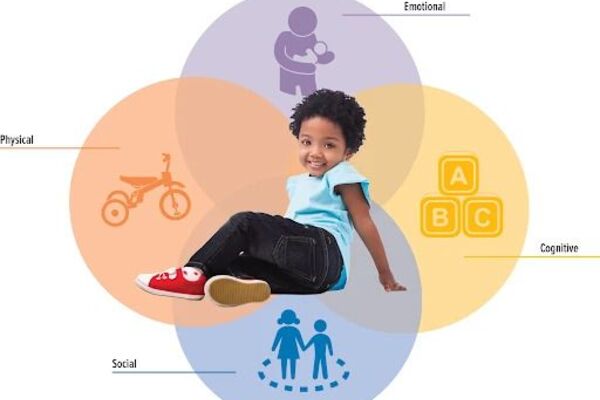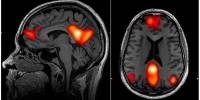According to new research from Boston Medical Center, growing up in neighborhoods with better educational and socioeconomic possibilities improves baby brain activity. The study, published in The Journal of Developmental & Behavioral Pediatrics, argues that improving community chances, particularly in schooling, can be a potential way to promote early childhood development.
A group of early childhood researchers investigated how neighborhood opportunity — the socioeconomic, educational, health, and environmental circumstances that influence child health and development — is linked to newborn brain activity and cognitive development. The researchers discovered that infants raised in neighborhoods with more possibilities have better brain function at six months of age. These brain variations are associated with improved cognition at 12 months of age in locations with better educational opportunities.
Prior work has focused on the role of socioeconomic disadvantages in child development. Our study aims to shift the conversation towards solutions for improving the environments that kids experience in early childhood to support their development and address inequalities.
Mei Elansary
“This study highlights that even in infancy, neighborhoods matter for child development. Our findings suggest that focusing on neighborhood opportunities, like increasing access to high-quality education, can promote child neurodevelopment,” said Mei Elansary, MD, MPhil, a developmental behavioral pediatrician at BMC and Assistant Professor of Pediatrics at Boston University Chobanian & Avedisian School of Medicine.
The researchers collected data on 65 newborns from community pediatric practices in Boston and Los Angeles. The researchers investigated whether relationships between neighborhood opportunity and children’s cognitive development at 12 months of age might be explained by changes in brain activity at six months of age, as measured by electroencephalography (EEG). The Mullen Scales of Early Learning (MSEL) were used to assess cognitive development, which is a standardized play-based examination.

Elansary and colleagues discovered that higher levels of neighborhood opportunity are associated with higher absolute EEG power in the mid-to-high frequency bands in six-month-old newborns. These EEG readings are associated with higher language and cognitive scores later in childhood, implying that living in greater opportunity communities early in life may have a neuroprotective effect.
The researchers also discovered that higher levels of educational opportunity, especially, are connected with higher MSEL scores. This means that areas with more educational possibilities, such as high-quality center-based care, may have more resources to engage children in cognitively stimulating activities and help them develop.
“Prior work has focused on the role of socioeconomic disadvantages in child development. Our study aims to shift the conversation towards solutions for improving the environments that kids experience in early childhood to support their development and address inequalities,” says Elansary. “Given that race and ethnicity have been strongly associated with differential access to high opportunity neighborhoods, it is important to think about ways to promote access to these places for all families.”
















